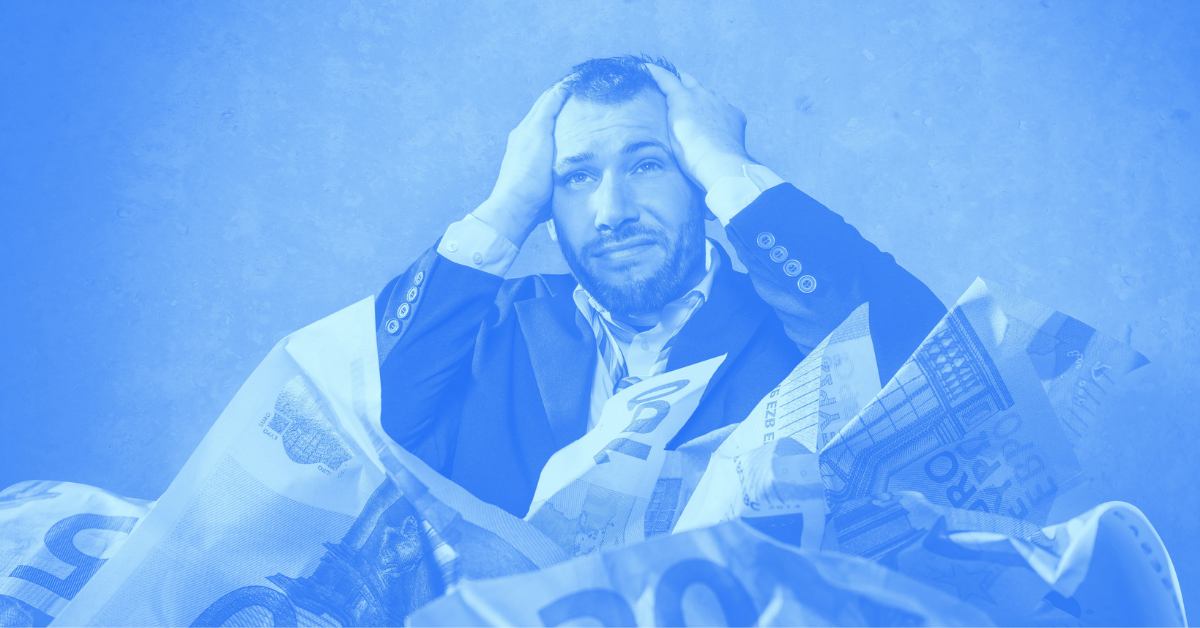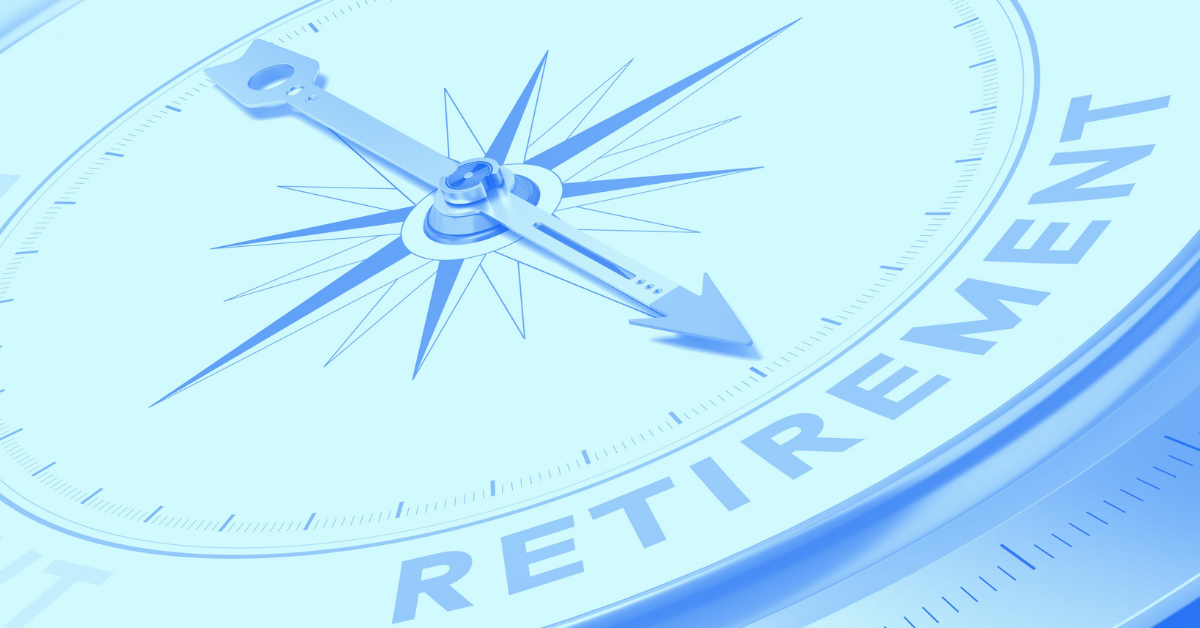When you can gain control over your cash flow and aggressively pay down loans and balances, you know it’s only a matter of time before you pay everything off and reach debt freedom.
That’s an exciting proposition if you’re already on this path and have spent some time chipping away at student loans, credit card debt, or car loans.
Once your debt is gone, that will free up a significant amount of cash flow and you can put all the money that was going toward your payments to something else. You can start building your wealth rather than just repaying what you owe.
In life after debt, you’re more empowered with your money and in control of what you can accomplish in your life.
Obviously, that’s a good thing — but life after debt doesn’t come without its own challenges.
Once you erase all the red in your balance sheet and no longer owe money on your loans or revolving credit lines, you suddenly have a lot more choice in how you can use your money next.
The question of “what is the best use of my available cash flow?” is the fundamental puzzle to solve when doing financial planning — and trying to answer it can be intimidating and overwhelming.
How to Begin Planning for Life After Debt
Your debt can start to feel like it’s a part of you. Deal with it long enough and it feels like part of your identity.
You may hate it, you may wish it was gone, you may blame it for all your money stress and anxiety… but it’s part of your life and it’s familiar.
Until it’s gone, and then you start asking “Now what?”
You have a few options when deciding what you’ll do now:
- You can allow lifestyle creep to set in and eat up that extra money that’s no longer going toward debt repayment.
- You can take the money that previously went toward payments and put it toward other savings goals, or start investing for the future.
- You can relax a bit and do some financial spring cleaning.
Choosing What’s Next After a Big Financial Milestone
It should go without saying the Option 1 isn’t really an option at all if you want to make progress, achieve goals, build your net worth, and enjoy financial success.
And yet, this is what a lot of people end up doing for one reason or another. It’s really tempting to start spending up that money simply because you can now; you can technically afford lifestyle upgrades, and that temptation is too much for some to overcome.
If you have big, ambitious financial goals, I’d caution you against the kind of thinking that goes like “I’ve spent X amount of years paying off my debt; I deserve to start treating myself.”
Yes, you definitely deserve to enjoy what matters most to you and what you value, but this is a slippery slope — and it’s also really hard to cut back once you make big upgrades to your life.
Here’s what I mean: how likely are you to move back in with roommates after you upgrade to your own place? How likely are you to cut a bunch of subscriptions and services after you get used to having them in place?
Making these cuts and lifestyle changes hurts. The best way to avoid such pain is to be extremely careful about what you allow in the first place.
This doesn’t mean never enjoy anything ever again; it’s more about mindfully choosing what’s really worth it to you and ignoring the stuff that doesn’t provide you with as much value.
Option 1, for the most part, should not even be part of your considerations. Let’s look at Option 2 instead.
This is probably a very smart, rational thing to do. If we’re just looking at the numbers, it’s also probably the objectively best thing to do.
Let’s say you had to put $500 per month toward your student loans and credit card balances — but you just paid everything off and you now owe $0. You could easily change up your automated transfers from payments to contributions to savings or investment accounts.
Boom. Easy, painless way to save more and build wealth, because this move doesn’t change your cash flow at all. You just redirected the same money to a different place more conducive to building your long-term financial security and freedom.
This is the money move that looks best on the spreadsheet.
But.
We don’t live in a spreadsheet. This is real life — your life, that you experience every single day.
And what’s “right” for you does not necessarily mean the “objectively right financial answer.” At least, not every single time you make a financial decision.
What’s often the best answer in terms of how we experience our real lives is one that balances the financial reality (saving and investing is very important) with what we feel day to day (how we use our money to acquire things we value, enjoy, or savor).
And that’s where Option 3 comes into play.
The Value of Taking a Break to Review Your Financial Life
If you just paid off a ton of debt, that likely took a lot of work, effort, commitment, and dedication.
It might have taken years of focusing on your debt repayment plan and carefully managing your cash flow to get to this point.
Wouldn’t it be nice to feel like you could just stop for a second and catch your breath?
Of course. So take a moment to recognize that you just accomplished a huge goal.!
Congratulate yourself. Celebrate a little bit — and most importantly, take a step back. Give yourself permission to stop and take that breath.
Take a break from stressing about your money, your finances, and your goals for a moment. You won’t get behind on anything or slide backward, I promise.
Breaks are good and healthy for us because they allow us the chance to get some space and perspective on what we just experienced. That perspective is critical when it comes to making decisions about what’s next in your life after debt.
It’s really hard to make sound choices if you never pause to look up and evaluate the progress you’ve already made, and get a clear understanding of what direction you’d like to head in next now that you have the freedom to make that decision for yourself.
Step Back and Get Perspective (without Getting Off Track with Your Finances)
We already know that we want to avoid the dangers of lifestyle creep — but we also just talked about how jumping straight to the next financial goal might not be the best move to make, either.
So how do you take that break without getting off track with the financial progress you just made?
Give yourself some structure. A perfect way to do this is to take a month’s worth of your prior debt repayment amount and use it however you want.
Take a trip. Enjoy a lavish weekend around the city. Go for a shopping spree. Blow it on something totally silly; this is your fun money and it’s your choice how you use it. Do whatever you want with that set amount.
Once you enjoy your treat yoself moment, it’s time to refocus. You can start by checking out your priorities.
Debt repayment might have been at the top of the list at one time, but now you can cross it off and consider what belongs at the top now.
You might have had other goals when you started paying off debt — but do they still align with what you want for your life now? It’s okay to cross of a completed goal and realized things you used to want don’t appeal so much anymore.
Paying off debt has an amazing way of allowing you to see your priorities more clearly. You may feel like it’s time to start a family, or finally take a leap and quit your job to freelance instead.
Or you might find that it’s finally time to bump your retirement savings up or get serious about financial freedom.
As life changes and time goes on, so do our goals for building wealth. And that’s okay.
We just need to recognize that when it happens, and then act accordingly so we don’t find ourselves at the top of the ladder we worked hard to climb… only to realize it’s leaning up against the wrong wall.
Rest, Refresh, and Reset — Then Get Back into Action
Take a break from driving toward a financial goal 24/7 (and celebrate that initial win!). Review and potentially redesign your list of goals and priorities.
Then turn the volume back up on your efforts and get back into action — even if you don’t have a very specific goal to hit next. It may be that you simply want to continue to save so that you have the flexibility to choose a new goal down the road, and that’s absolutely fine.
You’re already in the habit of tracking and keeping extra spending in check because you crushed your debt repayment, so now it’s time for Option 2 from our list above: redirect the money you used to have to give up to debt repayment to something like a savings or investment account instead.
If you can follow this system — take break and rest for a moment, refresh with a victory celebration, and review and reset your priorities as necessary — then you’ll be well-positioned to make the most of your opportunities in life after debt.




 About the Author
About the Author

